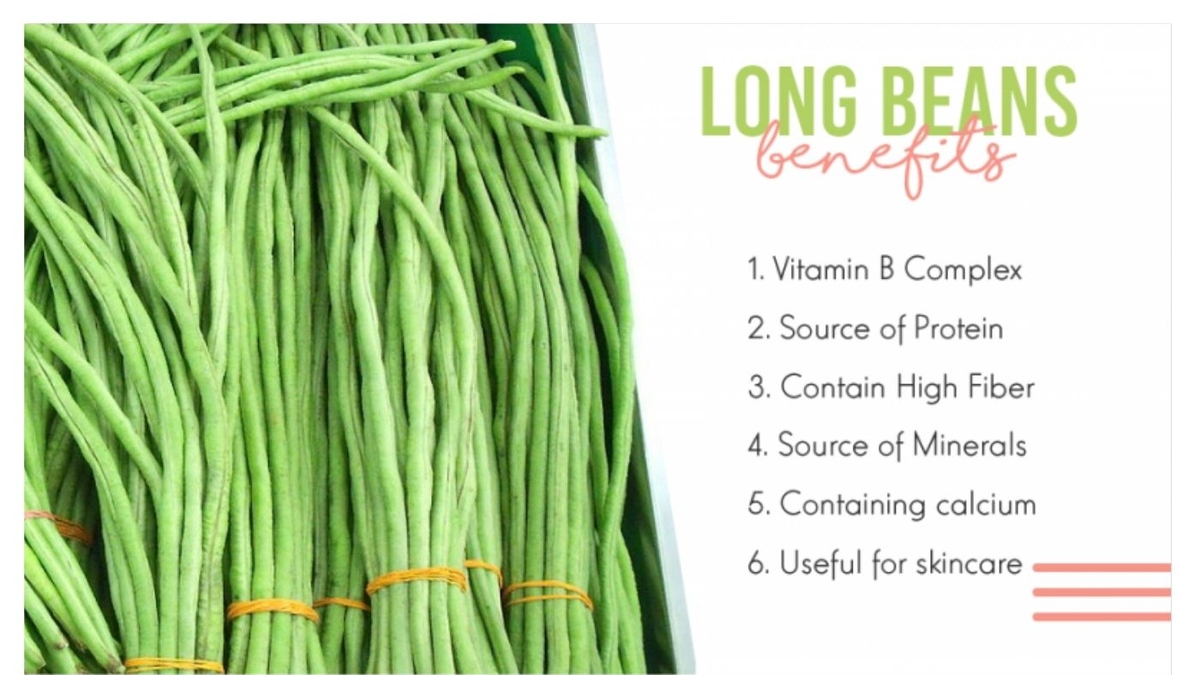
When it comes to cost-effective, nutritious, and versatile foods, beans reign supreme. This humble legume, which includes black, garbanzo, pinto, and white beans, is a powerhouse of plant-based protein and fiber. Beyond these essential nutrients, beans also provide a plethora of health benefits that make them a must-have in any balanced diet.
The Nutritional Power of Beans
Beans are rich in several vital nutrients, including protein, fiber, vitamins, and minerals. As a plant-based source of protein, beans are an excellent choice for vegetarians, vegans, or those looking to reduce their meat intake. They are packed with dietary fiber, which aids digestion, promotes gut health, and is associated with a reduced risk of many diseases. A diet rich in fiber can help manage weight, lower cholesterol, and reduce the risk of heart disease and diabetes.
Beans and Weight Management
Thanks to their high fiber content, beans can play a crucial role in weight management. Fiber gives a feeling of fullness which can deter overeating and help maintain a healthy weight. Additionally, the complex carbohydrates found in beans can help regulate blood sugar levels, preventing the highs and lows that can lead to cravings.
Beans and Heart Health
Regular consumption of beans is associated with improved heart health. The fiber in beans helps lower LDL or ‘bad’ cholesterol levels, reducing the risk of heart disease. Furthermore, beans are a good source of heart-healthy nutrients like potassium and magnesium, which are beneficial for maintaining a healthy blood pressure.
Beans and Chronic Disease Prevention
Research suggests that beans can help reduce the risk of certain chronic diseases. They contain antioxidants and beneficial compounds that can combat inflammation, a key factor in conditions such as heart disease, cancer, and diabetes. Their low glycemic index means they’re slowly digested and absorbed, preventing spikes in blood sugar and making them a good choice for people with diabetes.
Incorporating Beans Into Your Diet
Adding more beans to your diet is relatively easy given their versatility. They can be incorporated into a variety of dishes, from salads and soups to main courses and even desserts. Cooked beans can be used in traditional dishes such as chili, baked beans, hummus, and bean dip. They can also be added to salads for an extra boost of protein and fiber.
Beans are not just a nutritious choice, but also a sustainable one. They require less water and produce fewer greenhouse gases compared to animal-based protein sources. So, by choosing beans, you’re not only nourishing your body but also helping the planet. With their impressive nutritional profile and health benefits, it’s clear that beans are a valuable addition to any diet.
